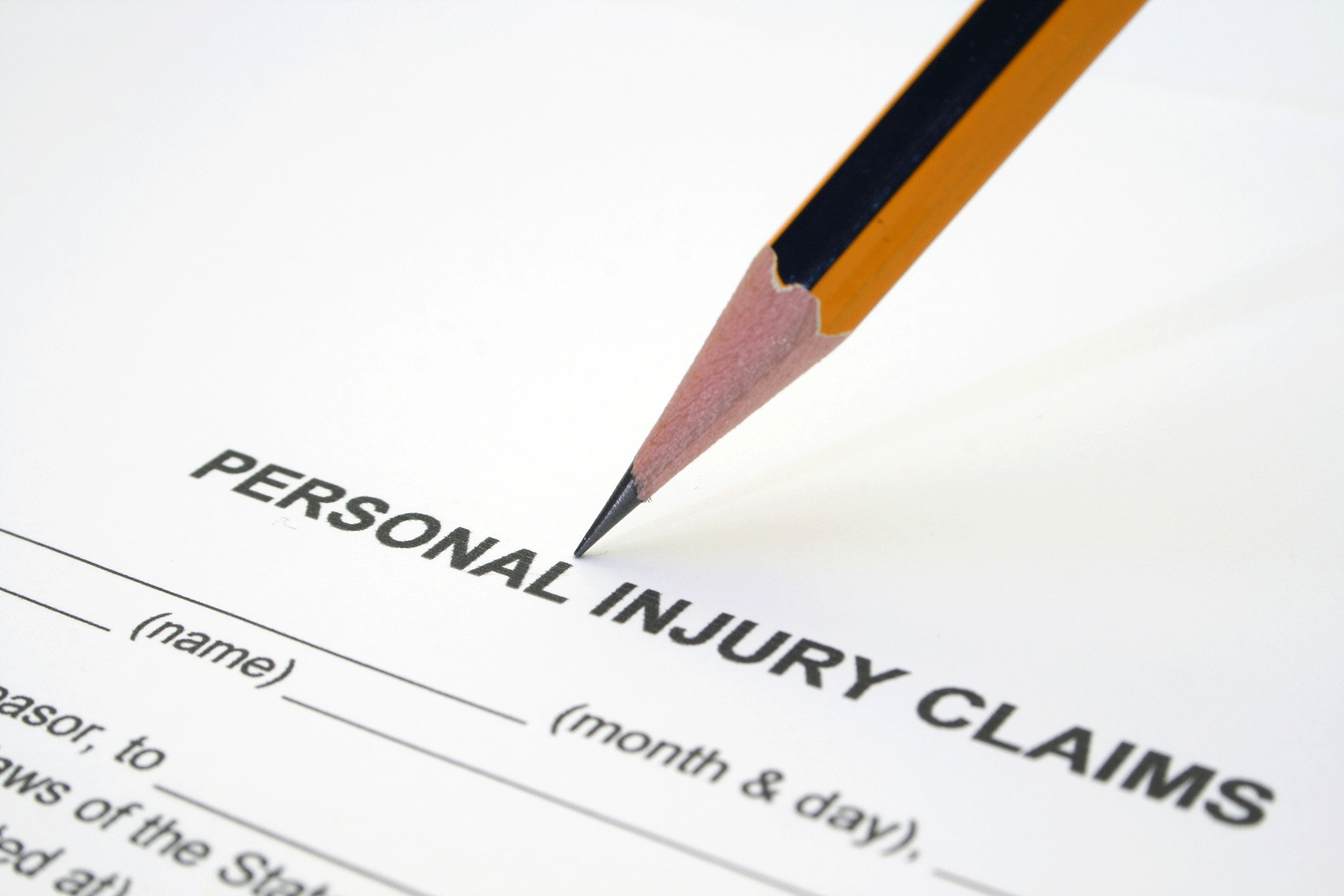Now Reading: NeedAnAttorney.net’s personal injury resources in Texas
-
01
NeedAnAttorney.net’s personal injury resources in Texas

NeedAnAttorney.net’s personal injury resources in Texas
In the hours after a wreck or serious fall, most Texans feel two things at once: pain and confusion. Hospitals ask for insurance details, adjusters call early, and the bills don’t wait. The decisions you make in the first 72 hours often shape the rest of your claim evidence quality, medical trajectory, and the leverage you’ll have when it’s time to negotiate.
1) Day 0–1: Health first, evidence second
Your first move is medical. ER, urgent care, or your doctor just don’t “tough it out.” Gaps in treatment are commonly used to downplay injuries. While you’re stabilized, have a friend collect photos of vehicles, the scene, and any visible injuries. Save the names/phone numbers of witnesses and the responding officer. If you can, secure copies (or at least the request numbers) for the crash report and any incident documentation.
2) Don’t rush recorded statements
Insurers are trained to sound helpful. Early recorded statements sometimes capture speculation, not facts. You can politely decline until you’ve reviewed the report and talked to counsel. Simple rule: the shorter the call, the safer the claim.
3) Document everything (quietly)
Start a single folder (digital or paper) with medical bills, imaging referrals, treatment notes, prescriptions, mileage to appointments, and any time off work. Keep a daily pain and activity log in plain language. This contemporaneous record often tells a clearer story than memory months later.
4) Social media is evidence, too
A smiling photo at a birthday dinner won’t show the two hours of icing and rest afterward. Lock down privacy and avoid posting about the crash, injuries, or activities until your case resolves.
5) Texas claim basics, know the guardrails
- Fault & proportionate responsibility: Texas uses a modified comparative fault framework. If you’re more at fault than the other party past a certain threshold, recovery can be reduced or barred. Careful evidence gathering from day one matters.
- Deadlines: Personal injury claims generally have a time limit measured in years, not decades. Start early so you don’t lose negotiating leverage to the calendar.
- Medical pathways: Many Texans use health insurance or medical liens/LOPs when PIP/MedPay isn’t available. Choose a path with your doctor and attorney so treatment doesn’t stall.
6) Choosing the right lawyer in Texas
You want three traits: responsiveness, resources, and readiness for trial. Ask: Who handles my case day to day? How quickly will you return calls? Do you retain accident specialist or medical experts when needed? What does a trial plan look like if the offer is low? The answers reveal whether the firm is built for quick settlements only or prepared to fight.
7) Settlement myths vs. reality
- Myth: “The insurer will do the right thing.”
- Reality: Carriers move on documentation, not promises.
- Myth: “I’ll hire a lawyer only if negotiations fail.”
- Reality: Early guidance helps you avoid missteps that lower case value.
- Myth: “Any lawyer can handle a PI case.”
- Reality: Specific Texas experience with your injury type and venue matters.
8) When to call a lawyer
If you have ER visits, imaging (CT/MRI), missed work, or lasting pain, talk to a lawyer sooner than later. An early consult can coordinate medical documentation, direct you away from common traps, and set a clean evidentiary trail.
For a practical, step-by-step guide and vetted local options, visit NeedAnAttorney.net’s personal injury resources in Texas to compare attorneys and prepare your claim.
9) Red flags as you research
- Pressure to sign same-day without reviewing terms.
- No clarity about fees, case costs, or how communication works.
- Guaranteed outcomes. (Real lawyers talk probabilities and plans, not certainties.)
10) The bottom line
The first 72 hours won’t decide everything, but they set the table. Prioritize health, document thoroughly, stay quiet with insurers until you’ve had counsel, and choose a Texas-ready lawyer who can protect the story your evidence tells.










